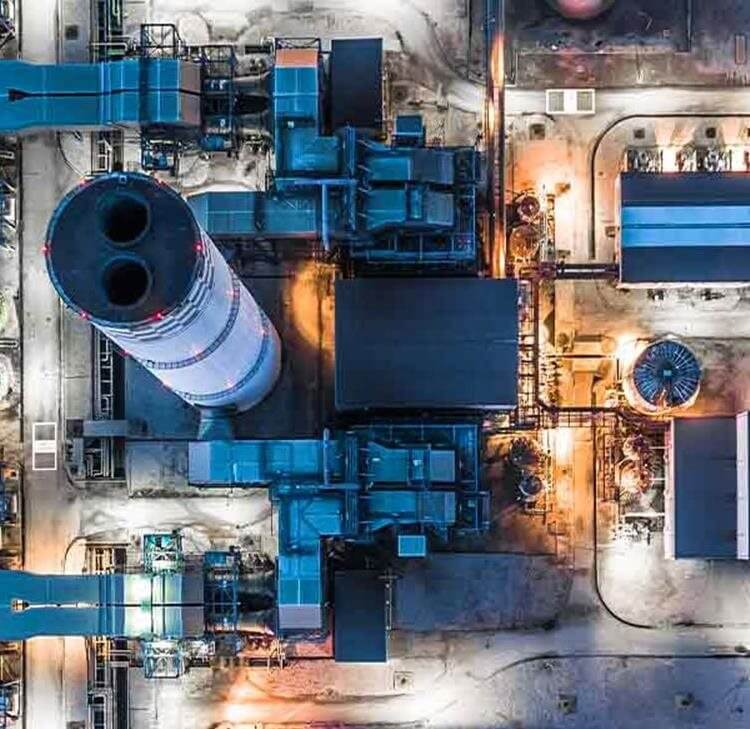Jalla and another (Appellants) v Shell International Trading and Shipping Co Ltd and another (Respondents) [2023] UKSC 16 concerns a major oil spill and the tort of private nuisance. The limitation period for bringing claims in English law for torts is normally six years from the date of the cause of action.
The question in this appeal was when does that limitation period start to run from? Is it a “continuing private nuisance” (which allows continuing causes of action) or is it from the day that the nuisance began (i.e. the day of the leak of the oil)?
Facts
Multiple claimants including two Nigerian citizens, Mr Jalla and Mr Chujor, brought an action against companies within the Shell group following an oil spill off the coast of Nigeria in December 2011.
The oil spill was caused by a leaking pipeline; there had been a rupture in one of the flowlines that transfers the crude oil from the seabed to an oil tanker. Oil leaked into the ocean for six hours.
Shell, the defendant, alleged that the spill was contained and did not impact the shoreline whereas the claimants alleged the spill reached the shoreline in the Niger Delta where it had a devastating impact and it has not been removed or cleaned up.
Supreme Court decision
The appeal considered whether or not an event causing pollution in this way occurs only once (to land and waterways by an offshore oil spill) or counts as a “continuing nuisance” until it is cleared up or disappears.
A “continuing nuisance” is where there is repeated activity by the defendant, or an ongoing state of affairs, for which the defendant is responsible which causes continuing undue interference with the use and enjoyment of the claimant’s land. An interference may be similar on each occasion, but it must be continuing day after day or on a regular basis. In those circumstances the cause of action to bring a claim therefore starts afresh on a continuing basis.
The Supreme Court held that outside of the claimants’ land, there was no repeated activity by the defendants, nor an ongoing state of affairs, for which the defendants were responsible which was causing undue interference. The leak was a one-off event, therefore the cause of action accrued and was complete once the claimants’ land had been affected by the oil.
The argument that the oil had not been removed or cleaned up from the claimants’ land was rejected as constituting a “continuing nuisance”.
For further discussion on this case and its impact, see our full article:
A ‘slick’ result for Shell: the Supreme Court considers limitation in Jalla v Shell
Contents
- Perils: Property insurance claims newsletter - October 2023
- Insurance considerations following use of RAAC concrete
- Underlying contracts remain key in arguments over scope of co-insurance
- Recklessness not ‘accidental’ when it comes to trespass
- Property damage oil spills, reliance and duties of delivery drivers
- Incorrectly named insured policy dispute - was the broker or insurer liable?
- Australian Court of Appeal considers welding exclusion
- Contractors' liability and contract works exclusion
- FOS: complaints involving damage to underground pipes

Rachael Murphy
Principal Associate
rachael.murphy@brownejacobson.com
+44 (0)115 976 6219
















![Contractual liability for all inclusive treatment: Bartolomucci v Circle Health Group Limited [2025]](/getattachment/95f9533b-f99c-4fcc-b8d5-3f93904b8242/shutterstock_1265400856.jpg?variant=HeroImageTabletVariantDefinition)

























